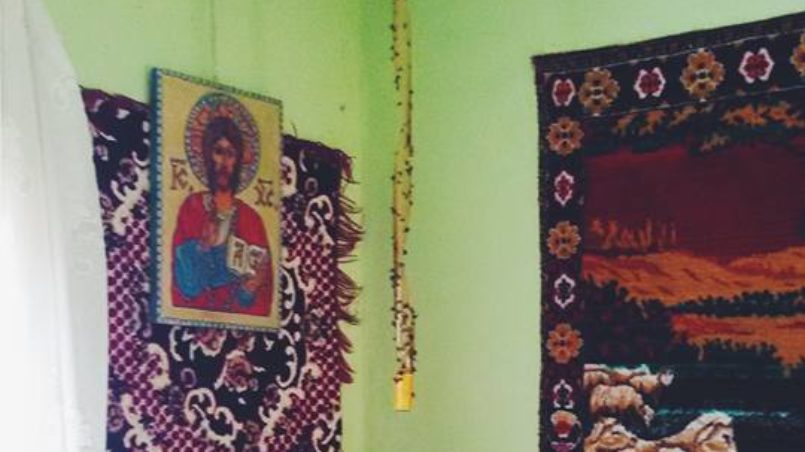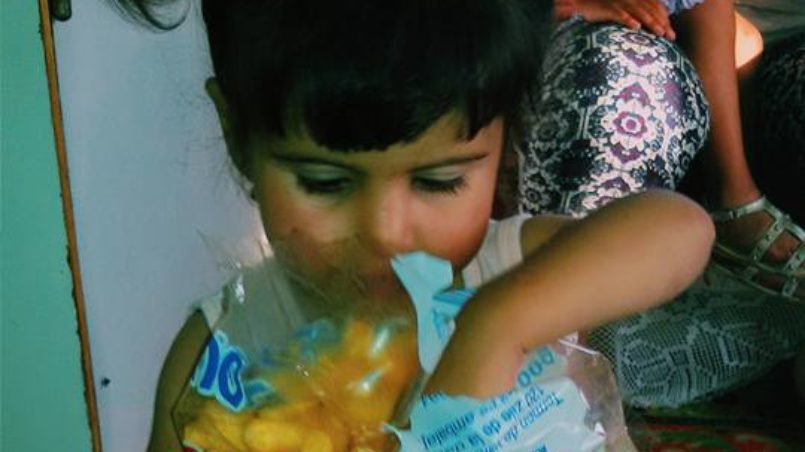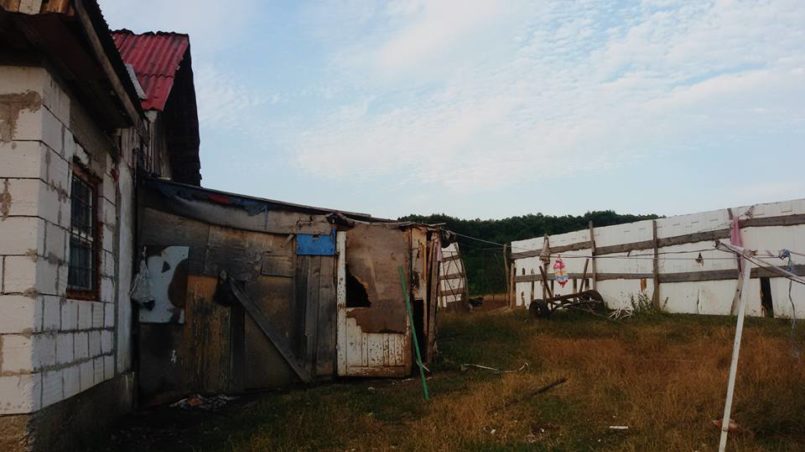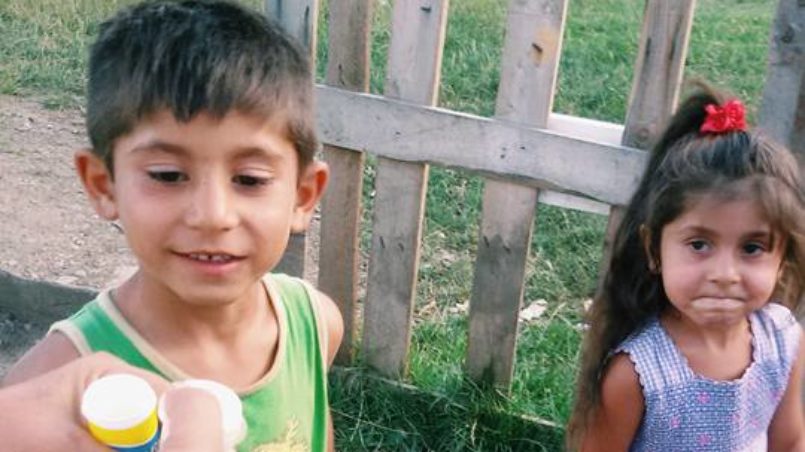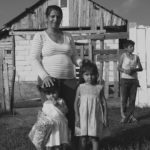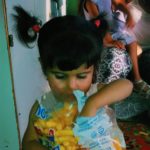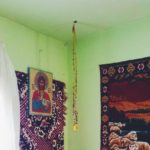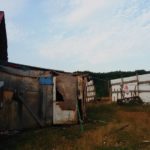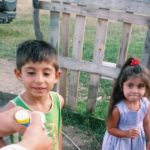Being a “Gypsy”: Overcoming Prejudice
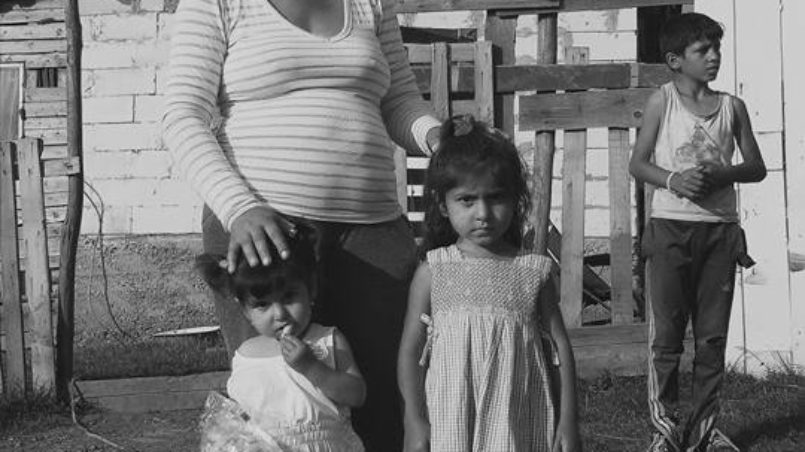
I dedicate this article to the beautiful family that I am going to introduce to you. From whom I have been taught and I am still learning so much about how to be grateful regardless of the amount of your belongings.
Romani people in Romania, so called “gypsies”, constitute one of the country’s largest minorities. According to the 2011 census (procedure of systematically acquiring and recording information about the members of a given population), they number 621,573 or 3.3% of the total population, being the second-largest ethnic minority in Romania after Hungarians.
The family I am introducing you to are gypsies. My gypsy friends have a small property on the edge of the community after they were forced by police (along with other gypsies) to leave the city of Cluj Napoca of in 2010.
I remember how my mom told me about how she met Mariana, the gypsy woman with eight children. She was begging in front of our building with a two-year-old in her arms while she was pregnant with the eighth. She stopped my mom and asked for a piece of bread; my mom told her that she didn’t have any with her right now, but that she would go to buy some. My mom was so impressed that, instead of asking for money, Mariana was asking for food to take home to her children. Gradually over time, they met more often and my mom started to help her with groceries.
When I came back from my travels, my mom insisted that I meet Mariana, who was now in the hospital as she had just given birth to a small baby girl that she choose to name after me – Carina.
At that moment, I formed a connection with her and I started to visit her more often while she was in the hospital.
A few weeks after the birth of Carina, we went and visited them at home. They live 30-40 minutes away from the city if you drive. When we arrived, I was expecting the conditions to be bad but not that bad.
After we entered the house and we sat down, the children became a little braver and approached me and my mom. We gave them some sandwiches and some sweets and they were so happy, eating them on the spot. We also offered some to Mariana, but she said that until she sees her children full, she cannot eat.
I asked about her husband and how they manage with money. She said that her husband is trying really hard to get a job but nobody hires him since he is a gypsy (the Romanian population does not have a good opinion about gypsies), and sometimes some people from the village hire him for a few hours to help with the garden or with things around the house, but nothing that could assure them a steady income. Other than that, the only income they have is the family allowance (alimony) that they get for the children. In total, per month they live from approx. € 150.
All the children attend school and kindergarten, even Anghel, who has ADHD (Attention Deficit Hyperactivity Disorder), goes to a special school in the city. In winter they often cannot reach the school due to heavy snowfall – it takes them at least 30 minutes for them to walk to school.
Since that time, I have tried to visit them at least once a month. Together with my friend, Isabel, we managed to collect a lot of useful objects, such as warm clothes for the cold winter months, toys for the children, a mosquito net for the baby, warm blankets, bed sheets, plates, notebooks, books. etc. Along with my cousin, Paul, and my friend, Ioana, we went and spent some time with the children. playing football and other fun games, enjoying being children again.
Before New Year’s Eve, as a Christmas present, we raised some money and bought them a generator and someone donated an old TV and a computer. The children watched TV for the first time in their lives at home and stayed up until 10 pm because they finally had light in the house.
Sometimes it is really good to put our prejudice that we grew up with aside and treat everybody equally, to give everybody a chance because who knows … we may even end up learning something from that person.

